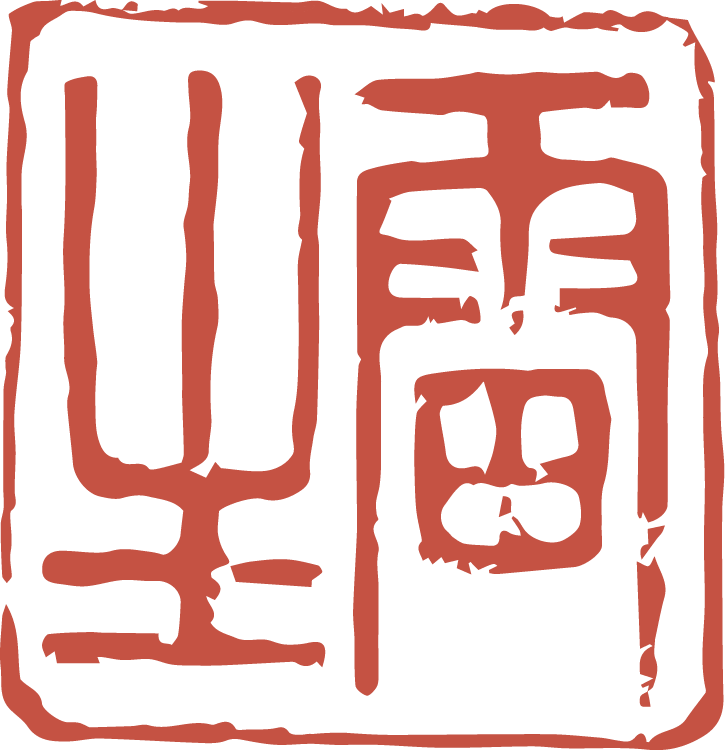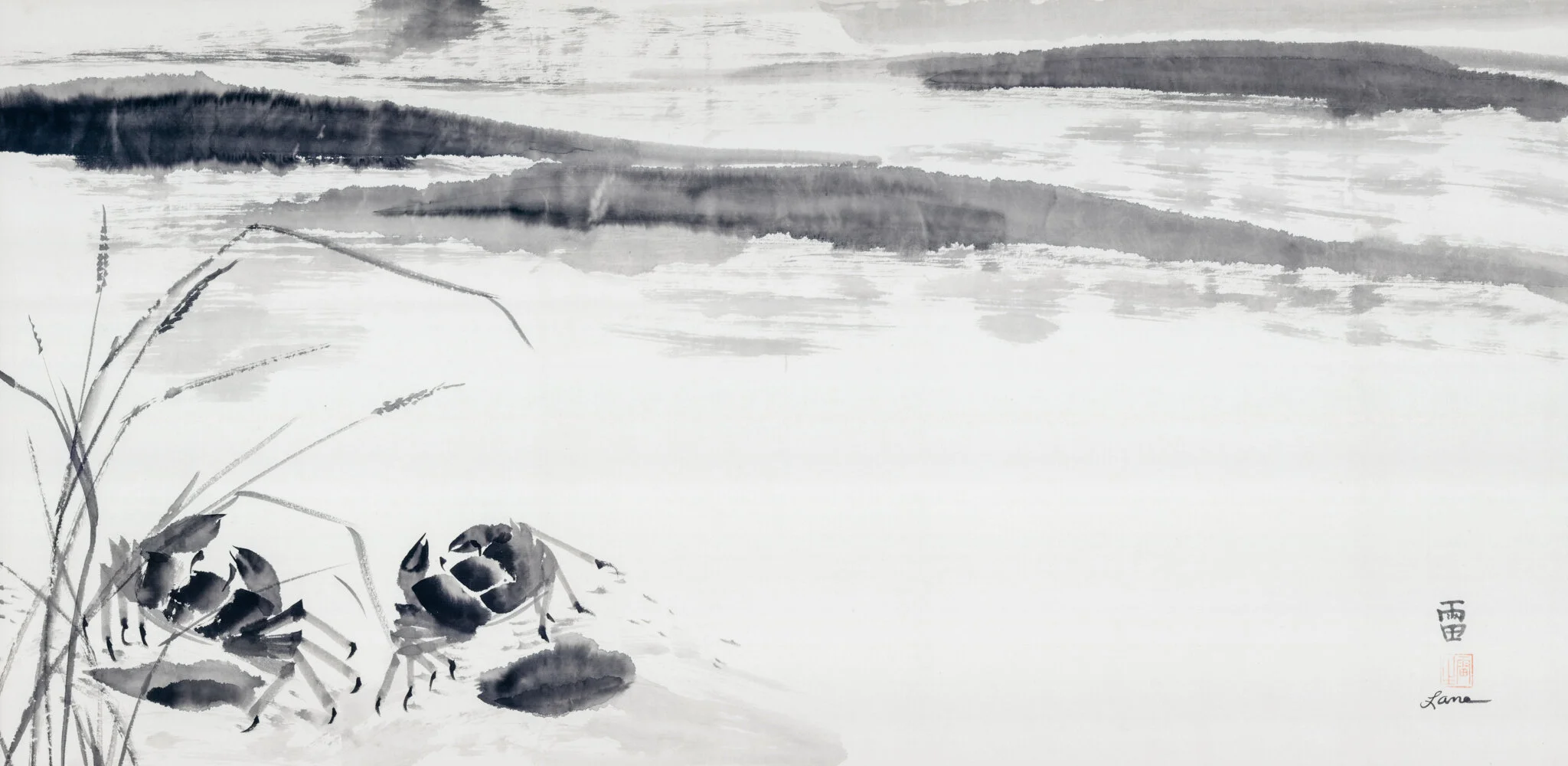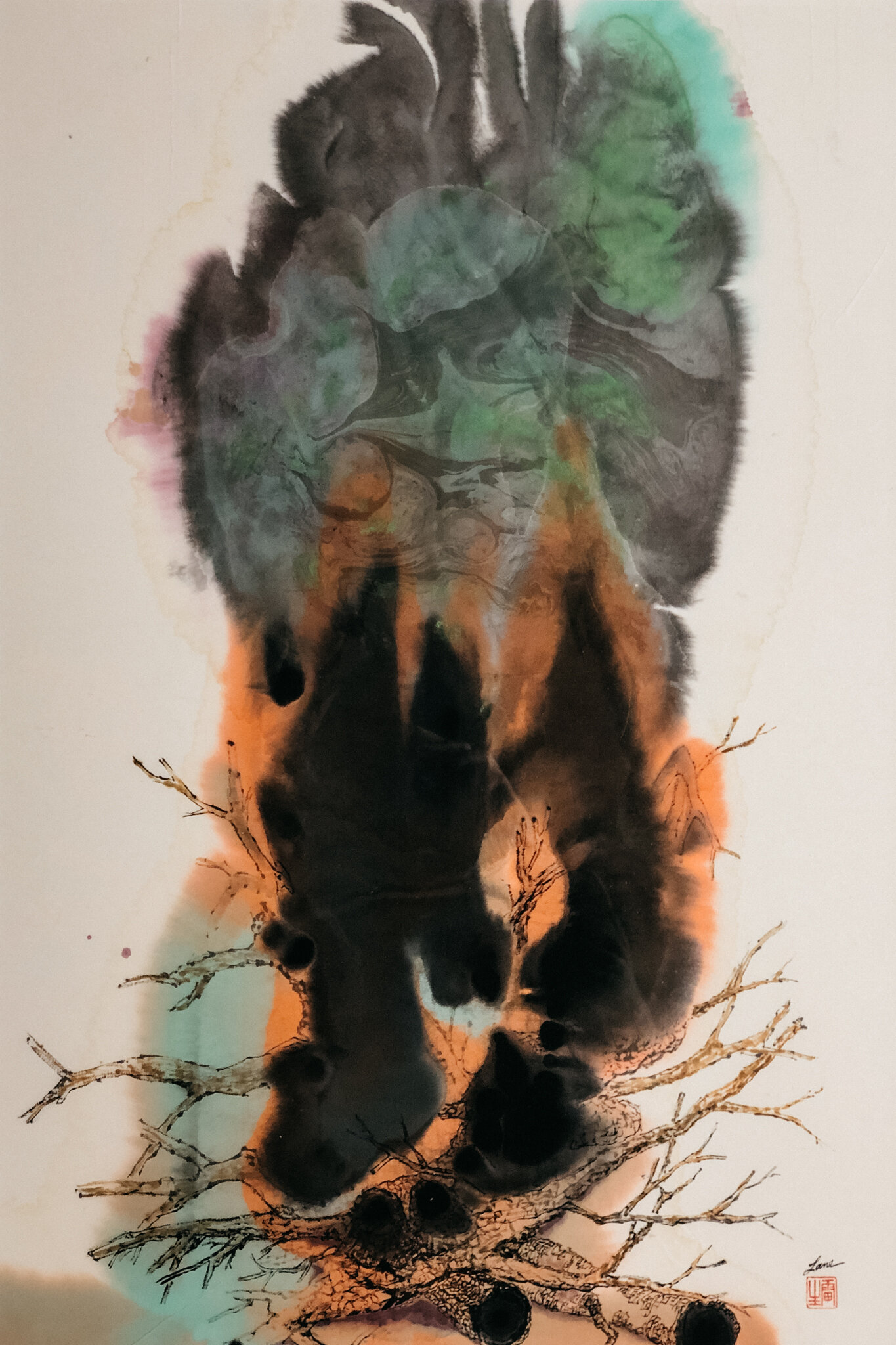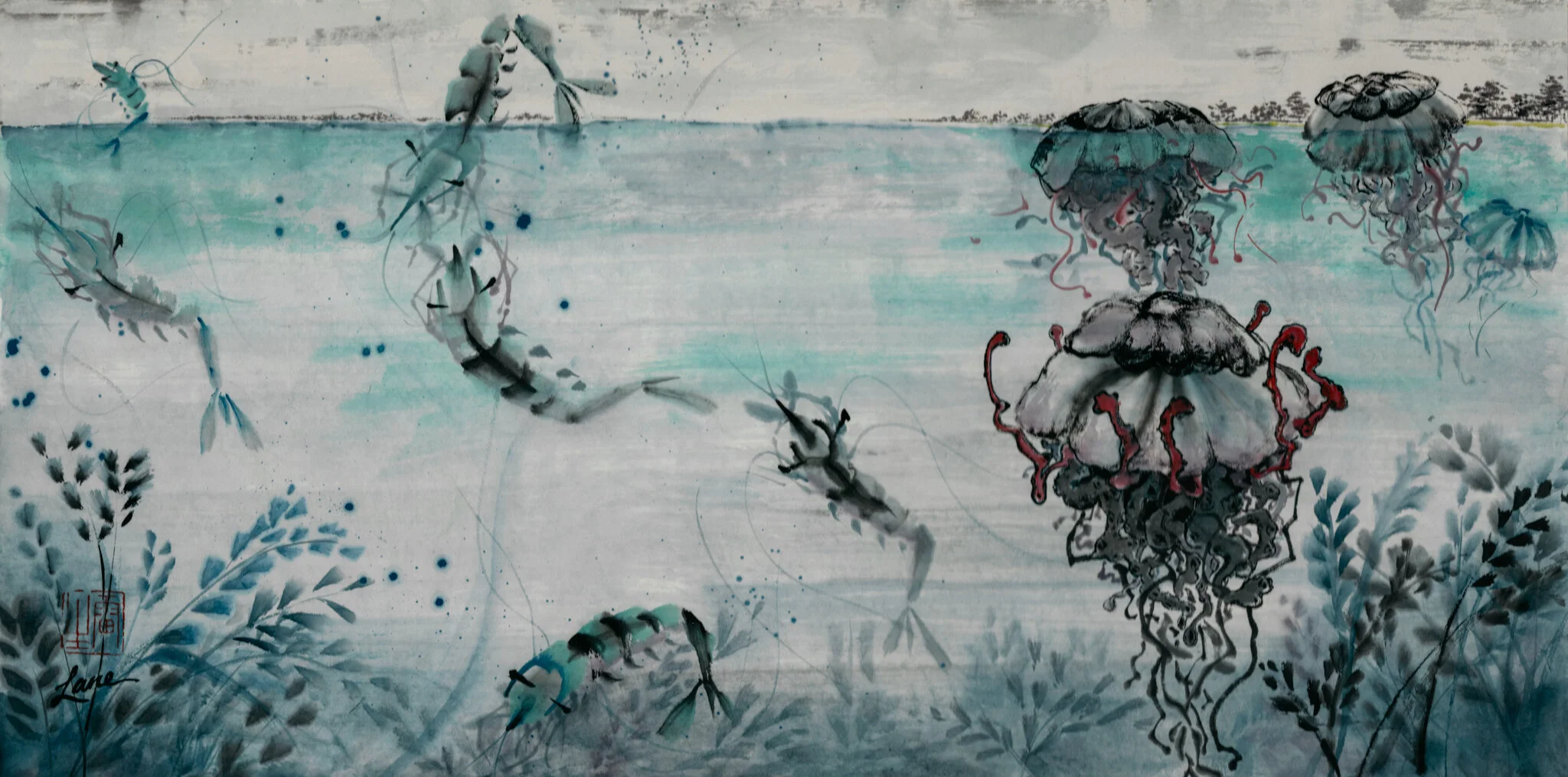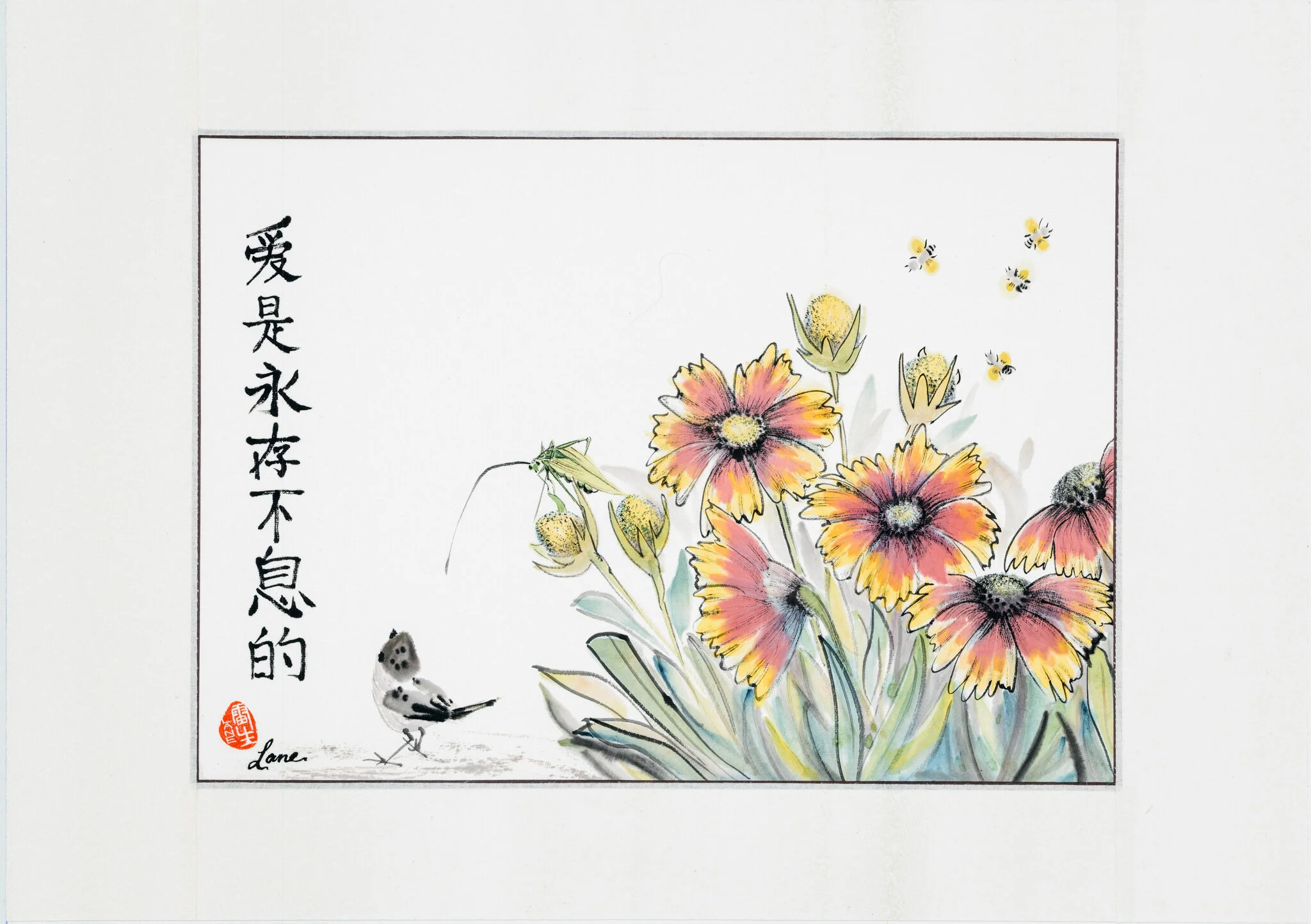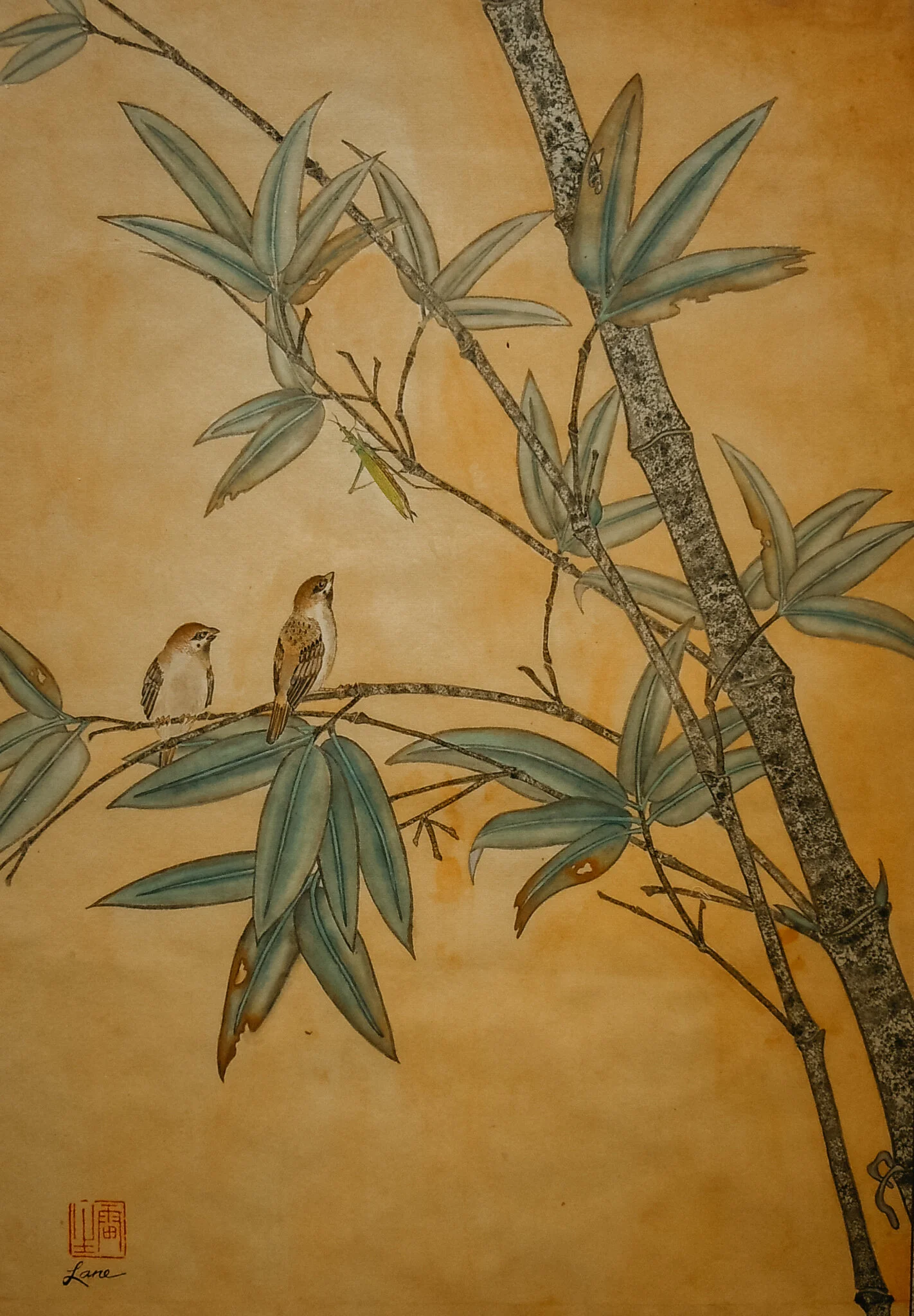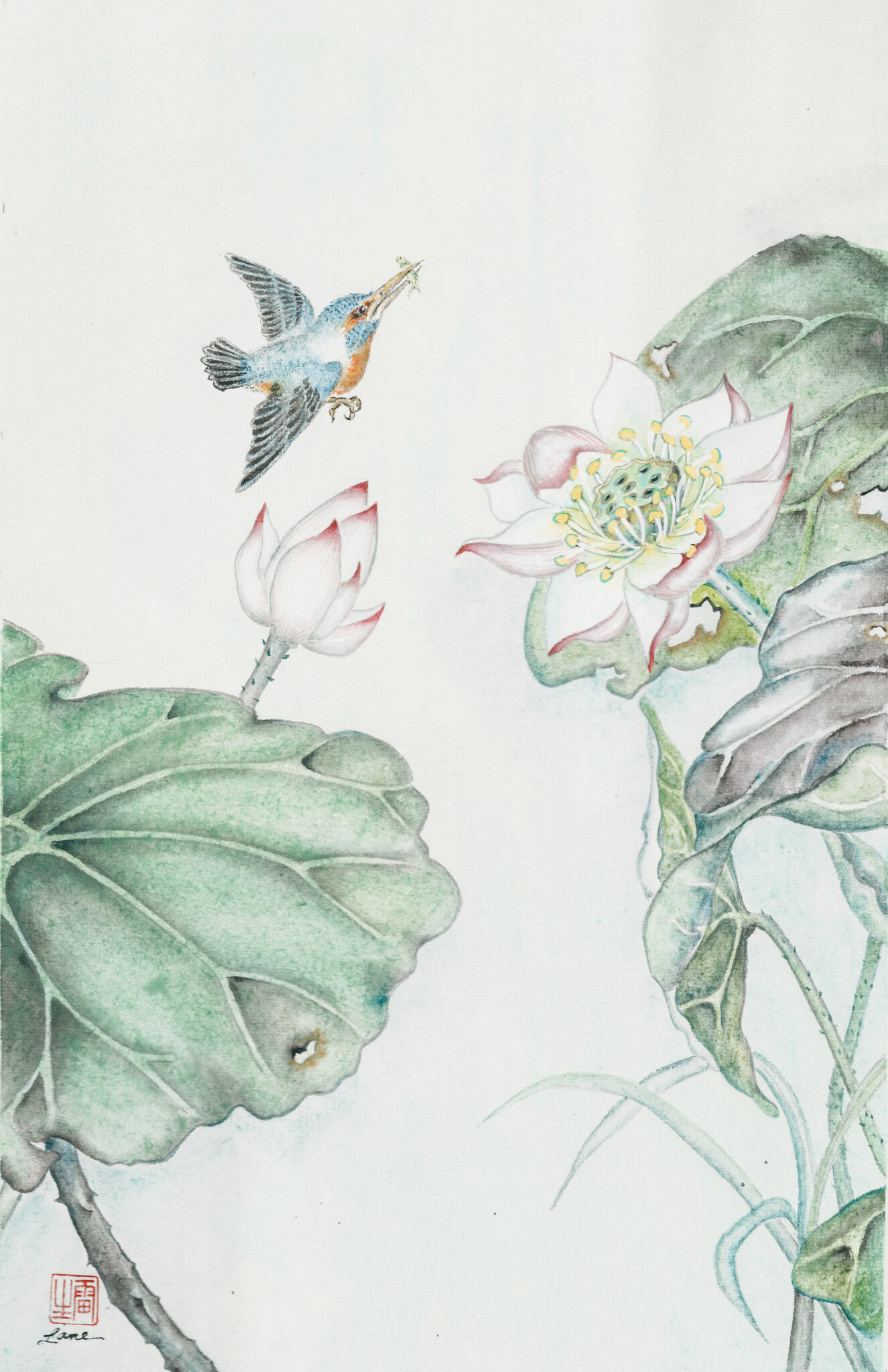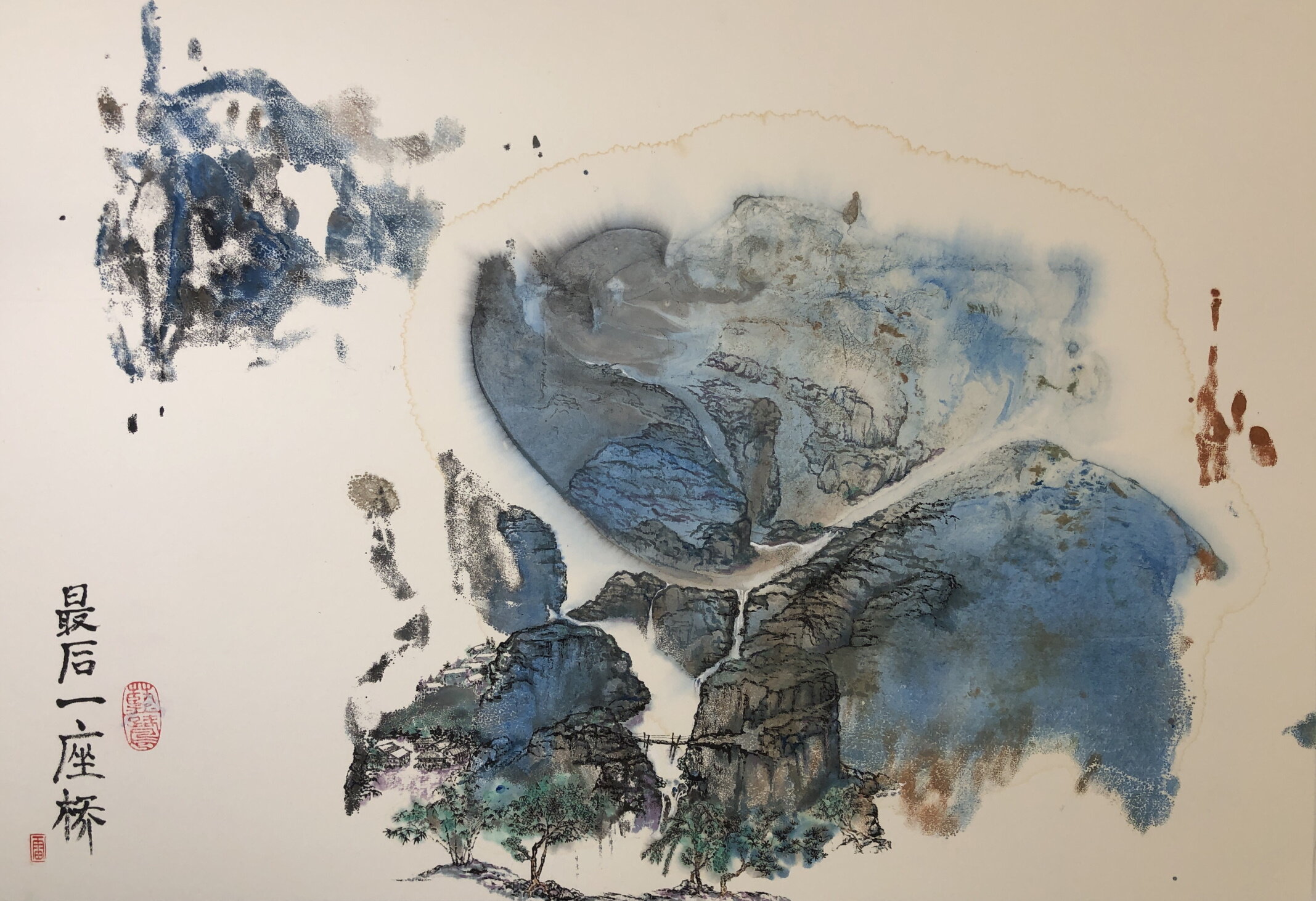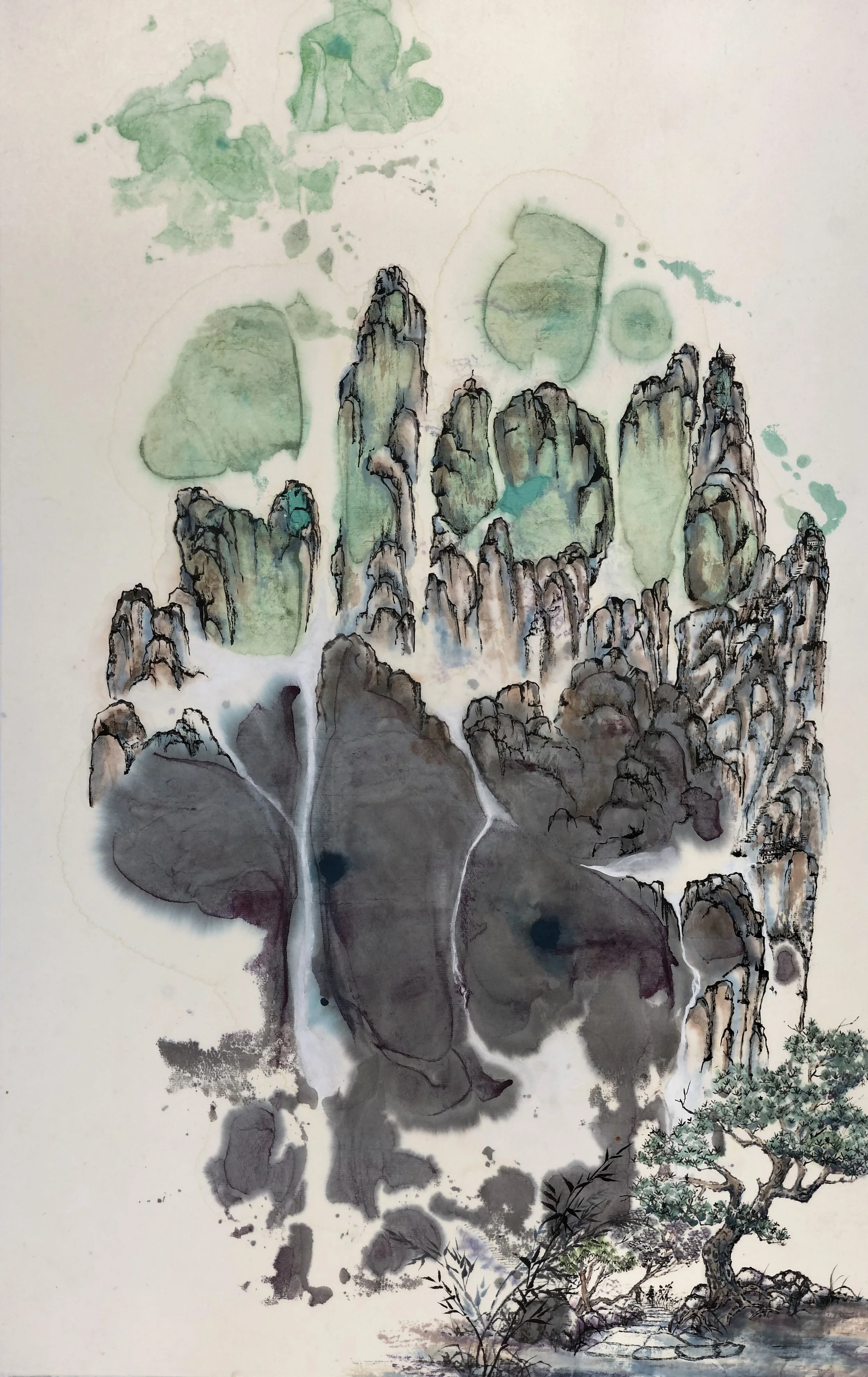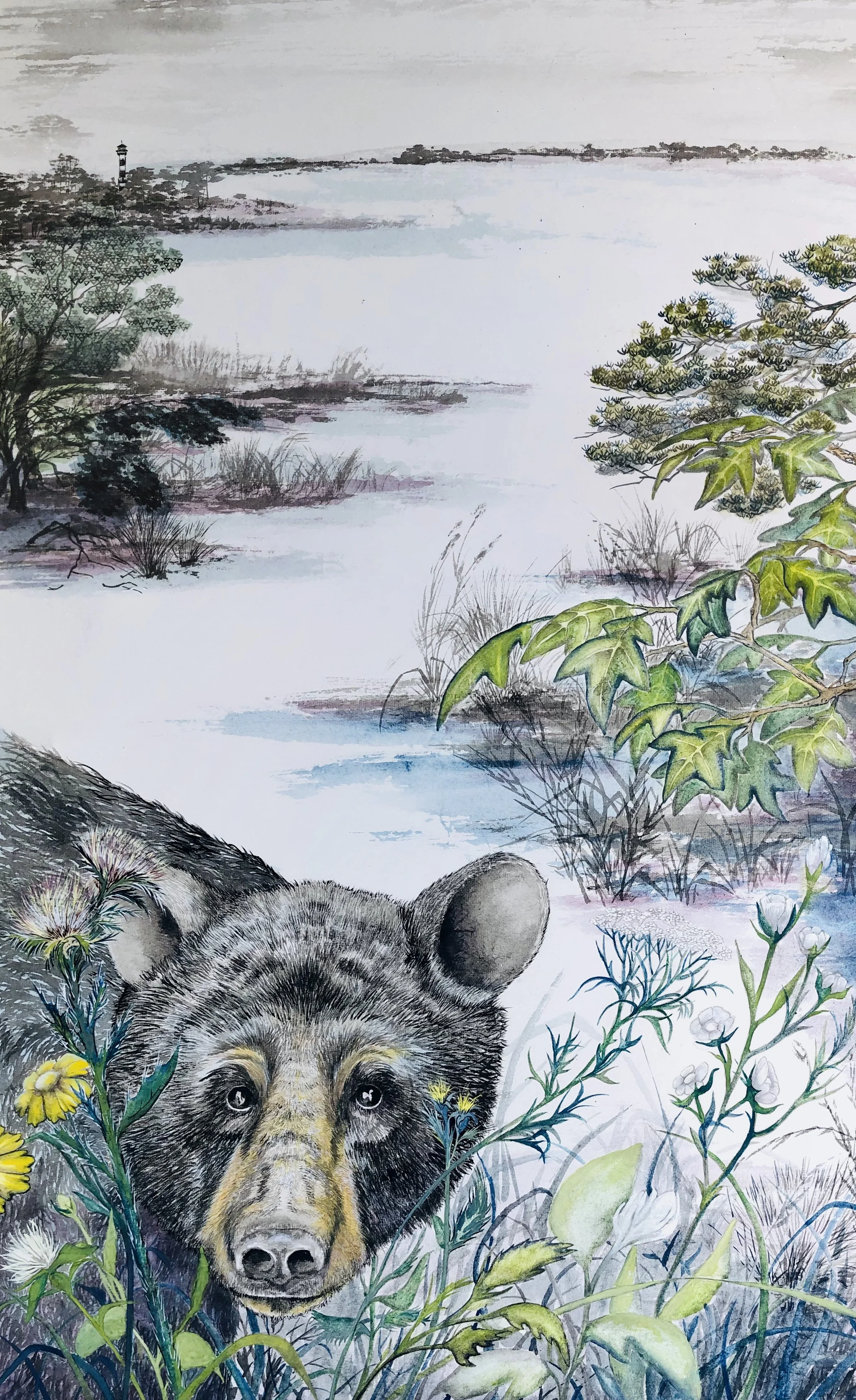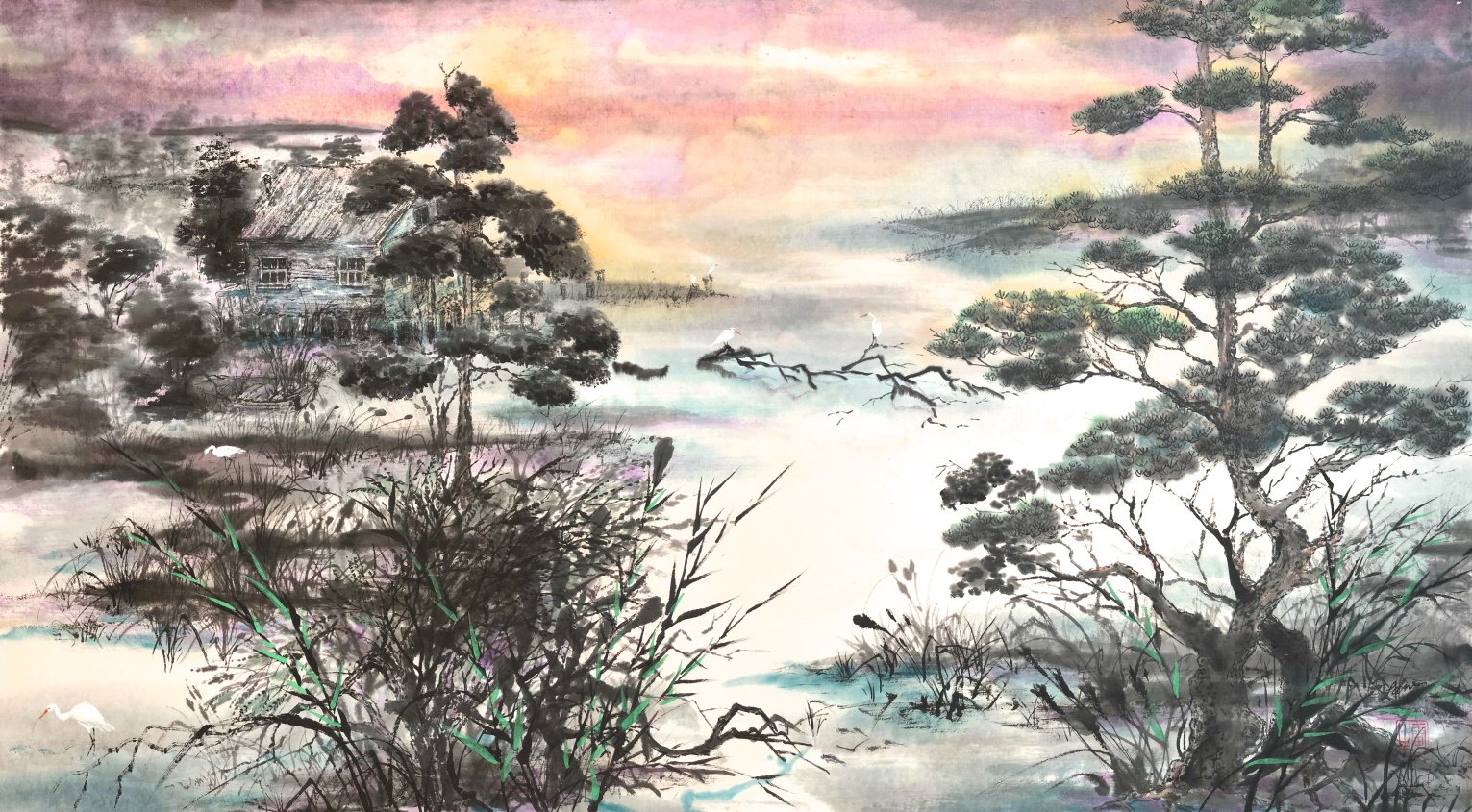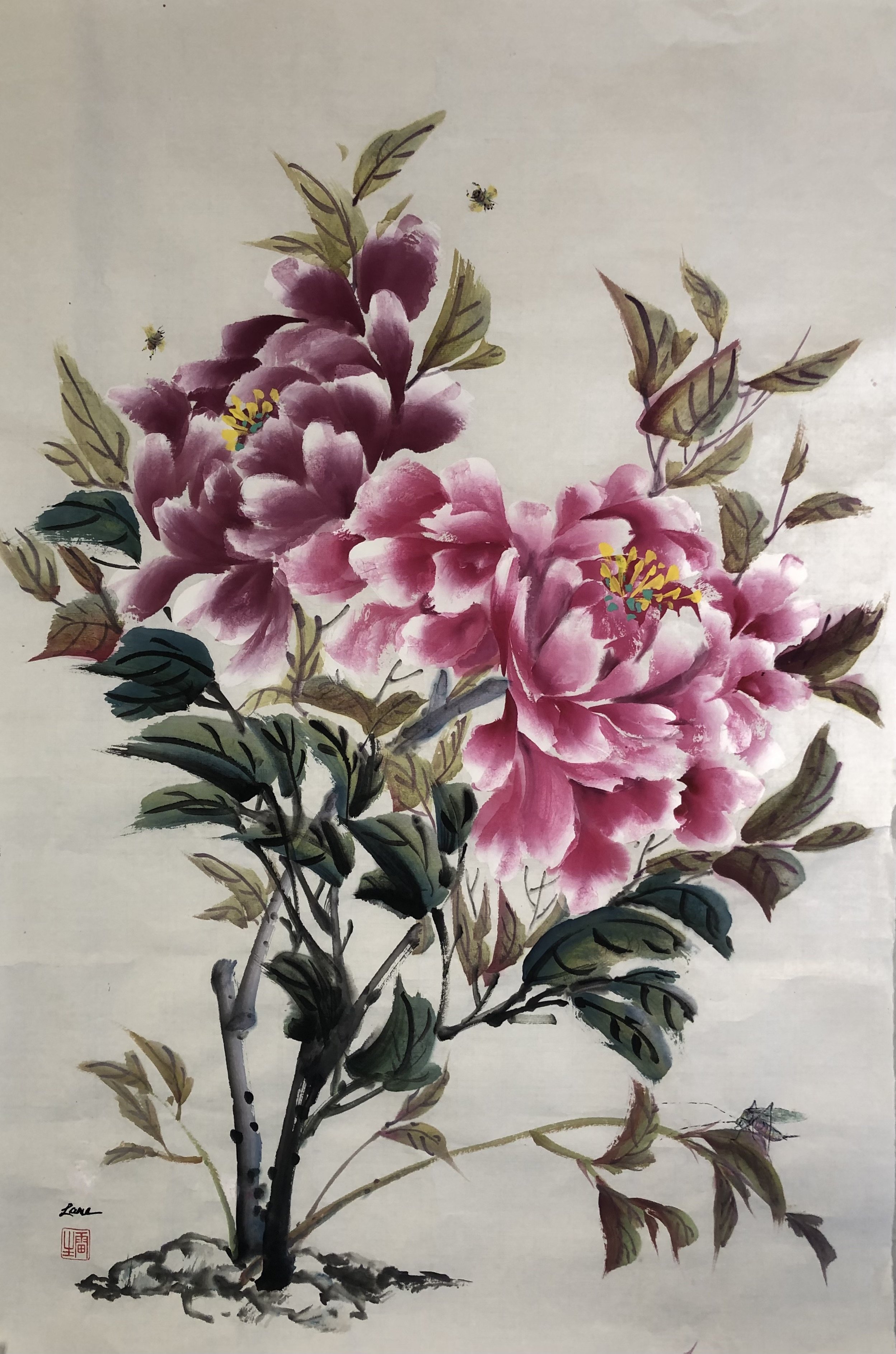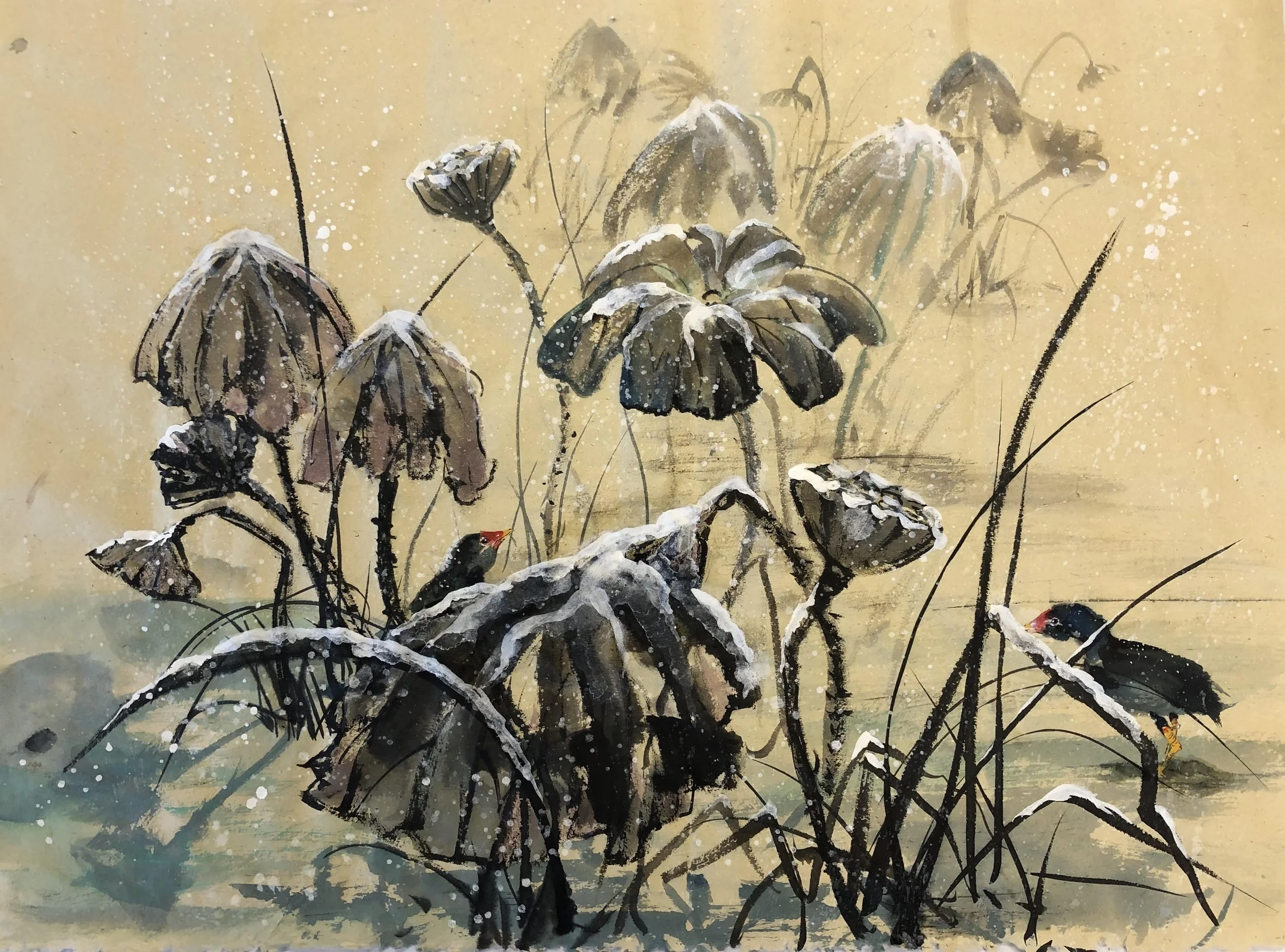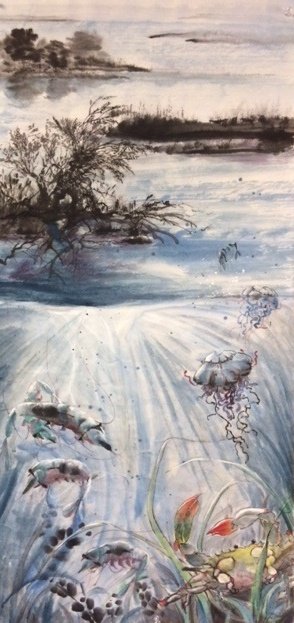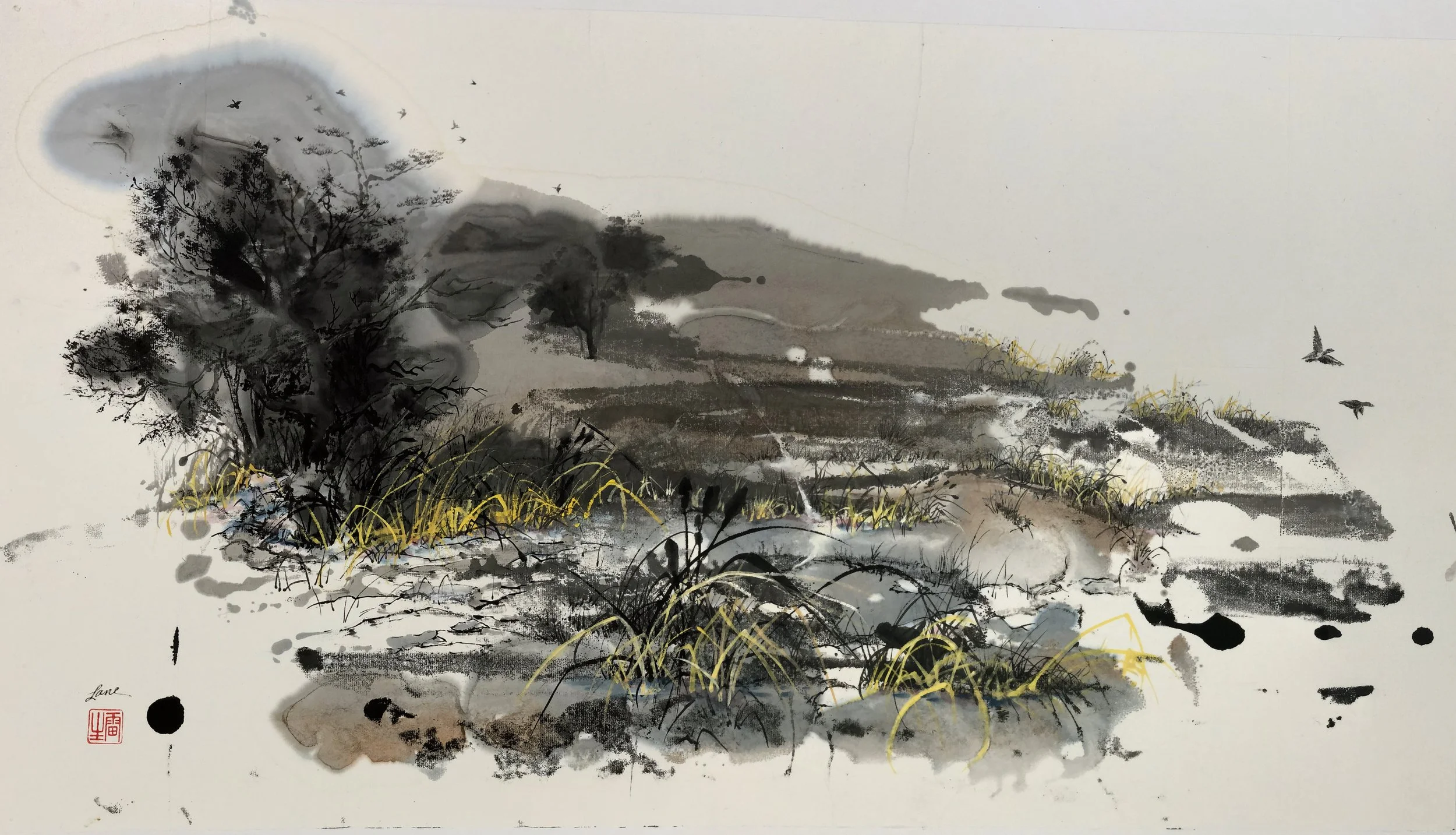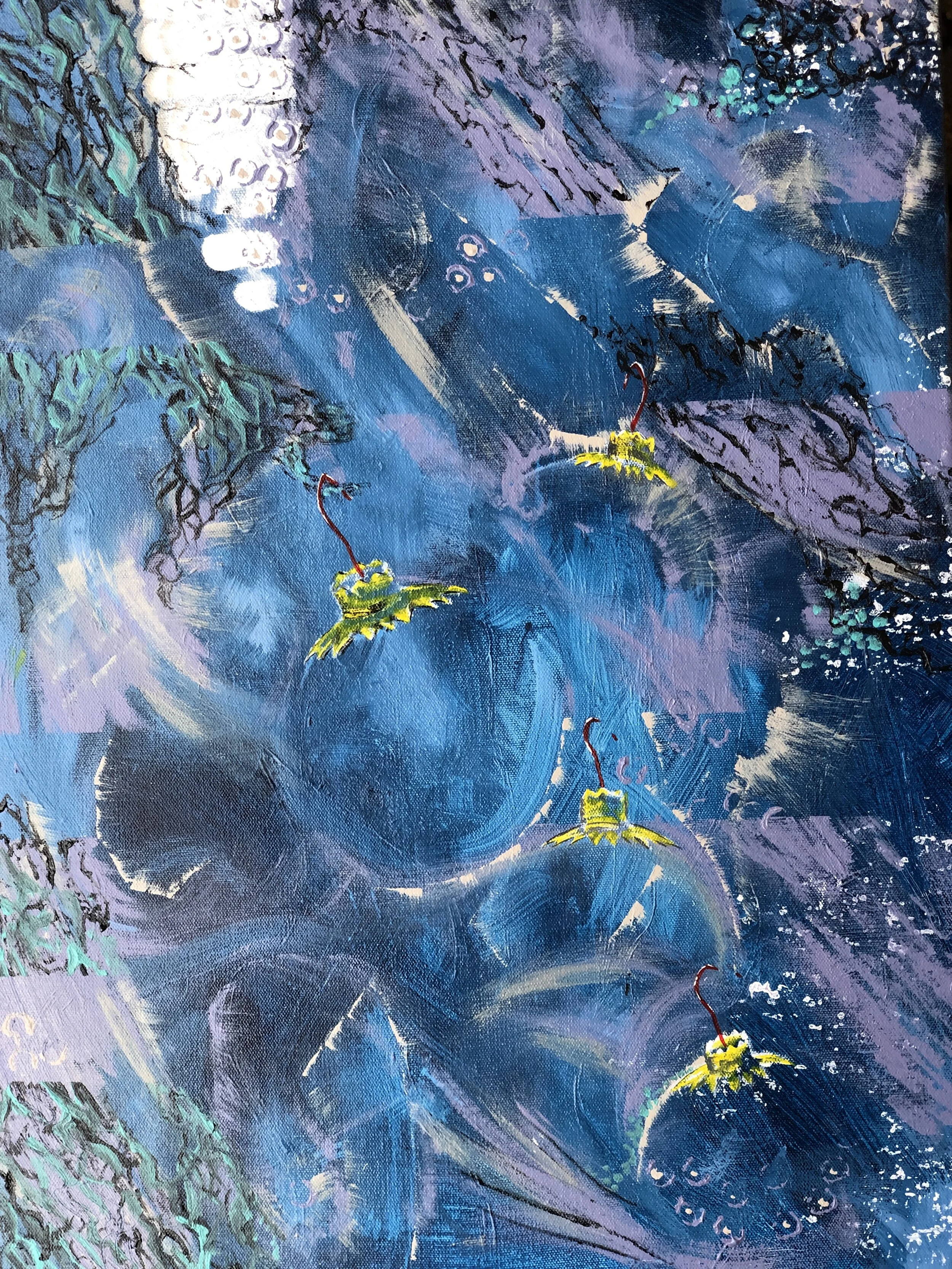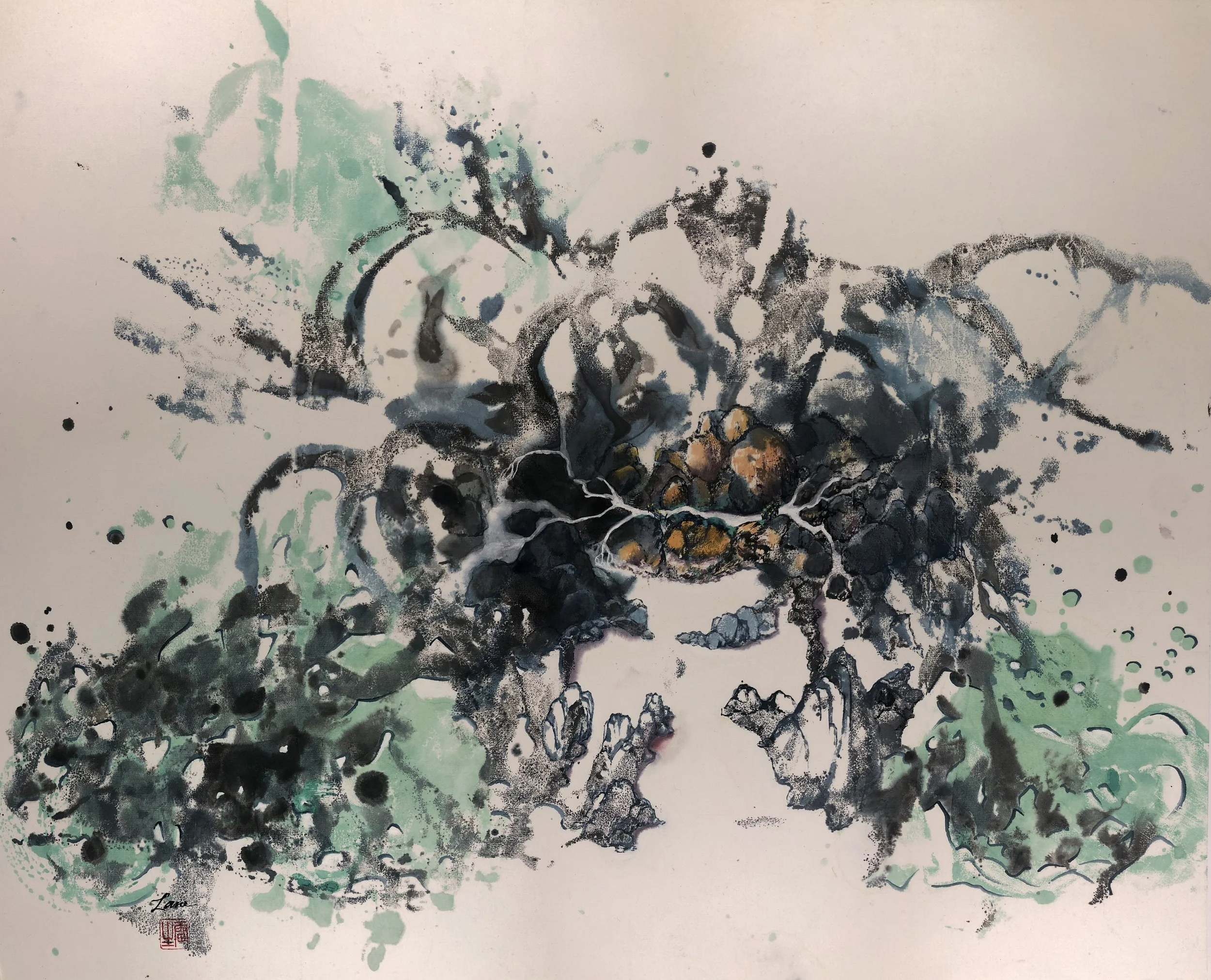Energies of the Sea & Land Negotiate Every Day
“ …the Chinese concept of perspective, unlike the scientific view of the West, is an idealistic or suprarealistic approach, so that one can depict more than can be seen with the naked eye. The composition is in a ladder of planes….”
— Kwo Da-Wei
Paradox & Inspiration.
A marsh is a complex transition space, a liminal paradox—both opportunity and destruction nest there in the dynamic edge of things. There is a spirituality to it. Looking closely at the changeable water’s edge woven tight with cordgrass and cattails, it seems to vibrate as the roots of an old cypress lose their grip, the branches toppling over into the flooding creek only to create a new space where everything slows. New seeds settle themselves, making new grasses, a new edge. To me, that looks like a place for hope and a future, even when I feel overwhelmed by the tide.
Discovering the emergent opportunities and mysteries of a pour—the random mixing of ink, water, and color is magical and… the “world-making” that ensues is addictive.
“Art poses questions.”
— Makoto Fujimura
Asian art is above all else expressionistic. The artist’s confidence or child-like spontaneity expressed in the stroke of the line, the subject matter’s emotional impact on the artist, how small or large the artist’s world feels at the time of making, these all are front and center, not realism. This turns ghost crabs into commentators and jellyfish into meditations about the soul.
“Time: The Straight Stretch Between the Two Bridges”
